INVITED SPEAKERS
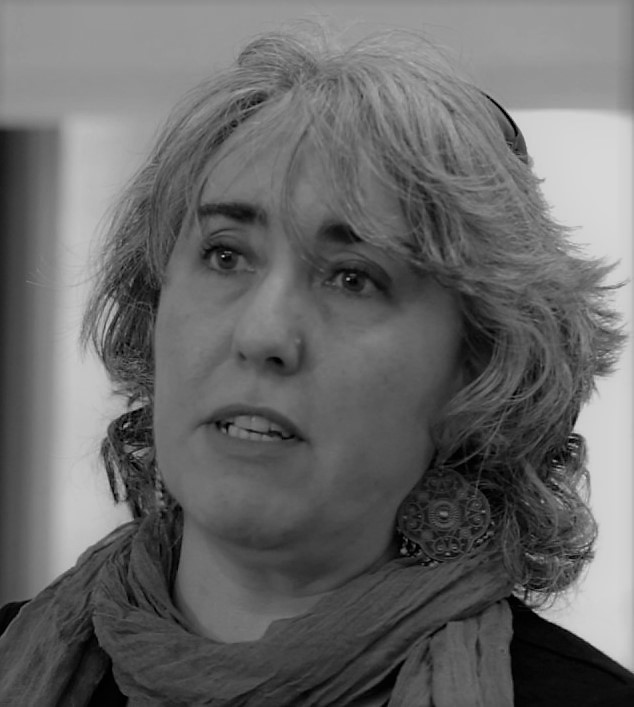
Eva Fernández
Queens College,
CUNY, USA
Visiting Professor CAPES-PrInt
Associate Provost at Queens College, City University of New York (CUNY), and a psycholinguist whose research examines cross-linguistic aspects of sentence processing and the influence of a second language on representations and processing in the first language. Linked to her work in higher education administration, she studies the impact of faculty development on student academic progress. Dr. Fernández received a Bachelor of Arts in Linguistics and German from New York University (1991), and a Master of Arts (1995) and a Ph.D. (2000) in Linguistics from the CUNY Graduate Center. She joined the Department of Linguistics & Communication Disorders at Queens College in 2000, and has faculty appointments at the CUNY Graduate Center in the PhD Programs in Linguistics; Latin American, Iberian, and Latino Cultures; and Speech-Language-Hearing Sciences.
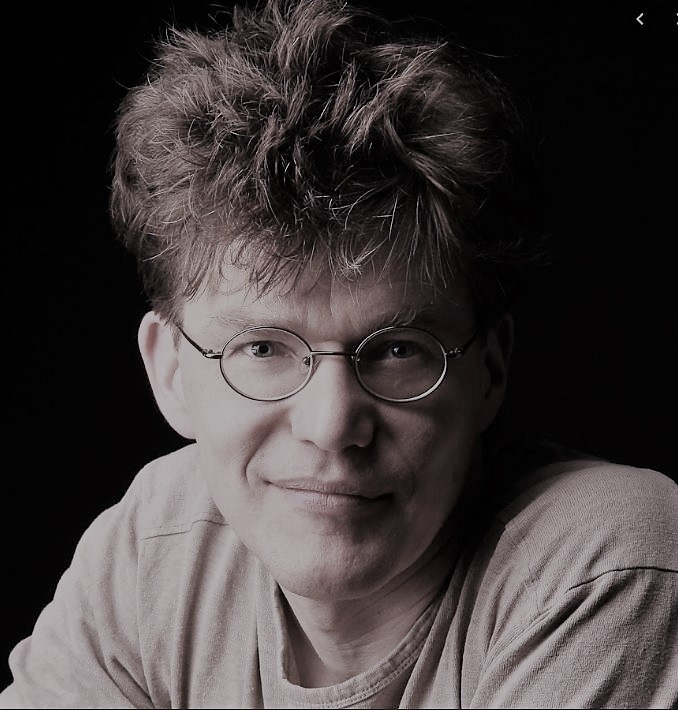
Uli Sauerland
Leibniz ZAS, Germany
Visiting Professor CAPES-PrInt
Uli Sauerland (ZAS Berlin) is interested broadly in the theory of language and how it relates to thought. His main work is in semantics, but he has also made contributions to pragmatics, syntax, and morphology. In his work, he frequently uses child language, language processing, and fieldwork on small languages (specially those of Brazil) as sources of evidence. Sauerland currently works as a vice-director and head of the semantics-pragmatics group at the Leibniz-Centre General Linguistics (ZAS) in Berlin. He's worked as a visiting professor at Harvard U., Osaka U, Stanford U., University of Vienna among others, and teaches regulary as an honorory professor at the University of Potsdam. For his work, Sauerland has received grants from the German Research Council (DFG), European Research Council (ERC), the European Union, and a number of foundations and been elected a Member of the Academia Europaea.

Aline Gesualdi Manhães
Engenharia Elétrica -CEFET-RJ
Associate Professor in the Department of Electronic Engineering at CEFET / RJ, in the Master's Program in Electrical Engineering at CEFET-RJ and in the Doctoral Program in Instrumentation and Applied Optics at CEFET / RJ and UFF. Aline, currently a CNPq researcher, holds a BA in Electronic Engineering from the State University of Rio de Janeiro (1998), an MA and a PhD degrees in Electrical Engineering from the Federal University of Rio de Janeiro, both in the field of Pattern Recognition in Multidimensional signs. During her PhD, she was also a visiting student for a year (2006) at the European Organization for Nuclear Research (CERN), in Switzerland. She works with Electrical Engineering, with emphasis on Electronic Instrumentation and Teaching. Her area of expertise is Signal Processing applied to High Energy Physics and Neuroscience of Language. She has been working on innovation and entrepreneurship projects since 2012, receiving support from FAFERJ and guiding projects in companies incubated at CEFET-RJ. She coordinates the Brain-Computer Interface Laboratory at CEFET / RJ and is a member of the Laboratories: Electroencephalography and Eye Language Tracking (LER / UFRJ); Syntactic Access (ACESIN / UFRJ) and; Neurophysiological Aspects of Syntactic Derivation (LANDS / UFRJ). She currently works in collaboration with the Graduate Program in Linguistics at UFRJ.
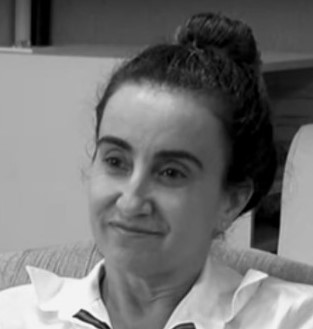
Cilene Rodrigues
Letras, PUC-RJ (Pontifical Catholic University)
Cilene holds a BA in Literature (1995) and an MA in Linguistics (1998) from the University of Brasília. She did her PhD in Linguistics / Formal Theory of Grammar at the University of Maryland (2004). She is currently a professor and researcher at PUC-Rio (LAPAL - Laboratory of Language Acquisition and Processing and INCog - Interdisciplinary Research Group in Neurosciences and Cognition). In cognition she is interested in grammar in mental disorders and issues of domain specificity. In linguistic theory, she is interested in experimental and comparative syntax, specially in recursion, syntax-semantic dependency, nano-syntax and the interpretability of pronouns in the grammar interfaces. In evolutionary linguistics, she is interested in the use of theoretical-analytical methods from formal linguistics applied to investigations on animal communication.
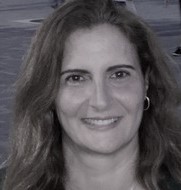
Claudia Drummond
Fonoaudiologia, UFRJ (Federal University of Rio de Janeiro)
Claudia holds a BA in Speech Therapy from the Pontifical Catholic University of Paraná (1992) and a BA in Pedagogy from the Pontifical Catholic University of São Paulo (1985). She got a Master Degree in Linguistics from the State University of Rio de Janeiro (2001) and a PhD in Morphological Sciences from UFRJ (2016) in the research line of basic and clinical neurosciences. She is currently Adjunct Professor of the Phonoaudiology Course at the Medicine School of the Federal University of Rio de Janeiro. Since 1998 she has been coordinating the Aphasia Outpatient Clinic at UFRJ. She has teaching and clinical experience in Speech Therapy in the specialty of Language with an emphasis on neurorehabilitation: aphasias, apraxias and cognitive decline. She is a member of the Research Group on Aging and Cognitive Decline at the DOr Institute for Research and Education (IDOR). Currently she coordinates the Undergraduate Course in Speech Therapy at the Medical School/ UFRJ.
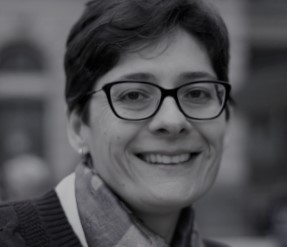
Erica Rodrigues
Letras, PUC-RJ (Pontifical Catholic University)
Erica has a BA in Portuguese and Portuguese Language Literatures from the Federal University of Rio de Janeiro (1991). She got an MA in Literature (1996) and a PhD in Language (2006) from the Pontifical Catholic University of Rio de Janeiro. Her field of study in her PhD was Psycholinguistics and her dissertation theme was the subject-verb agreement in sentence production . She has been a Linguistics professor at the Pontifical Catholic University of Rio de Janeiro since 1992. She is also a member of the Graduate Program in Language Studies, linked to the research line "Language and Cognition: Representation, Processing and Language Acquisition". She develops projects linked to the research group of the Laboratory of Psycholinguistics and Language Acquisition (LAPAL) and also to the interdisciplinary group of Neurosciences and Cognition (INCog). She coordinates the Reading and Writing team at the Center for Guidance and Psychopedagogical Assistance (NOAP), at PUC-Rio. She is interested in the areas of Psycholinguistics, Theoretical Linguistics, Portuguese Syntax and Education.
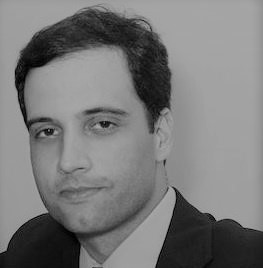
Gustavo Guedes
Engenharia de Computação CEFET-RJ
Gustavo holds a BA degree in Portuguese from the Federal University of Rio de Janeiro (2005), a BS degree in Computer Science from Centro Universitário Plinio Leite (2004), and a Specilization certificate in Computer Technology Management from Universidade Federal Fluminense (2008). He did his MA in Linguistics from the Federal University of Rio de Janeiro (2008) and PhD in Systems Engineering at COPPE / UFRJ (2015). He currently works as a computer engineering professor at CEFET / RJ, in Maracanã.

Miguel Oliveira
UFAL
Miguel got his PhD in Linguistics from Simon Fraser University (Vancouver, Canada). He worked as an associate researcher at the University of Southern Denmark (Odense, Denmark), at the Institute of Theoretical and Computational Linguistics, ILTEC (Lisbon, Portugal), at the University of Manchester (Manchester, United Kingdom), at the Max Planck Institute for Evolutionary Anthropology, MPI (Leipzig, Germany), and at the University of St Andrews (St Andrews, Scotland, United Kingdom). He collaborated in research developed at FitchLab, University of Vienna (Vienna, Austria) and Language Lab, at the Massachusetts Institute of Technology (Cambridge, USA). He was a visiting researcher at the Electronics Research Laboratory (RLE) at the Massachusetts Institute of Technology (Cambridge, USA) and visiting professor at the Department of Psychology at the University of California, Davis (California, USA). He works as an associate professor of Linguistics at the Federal University of Alagoas (UFAL) and is currently president of the Brazilian Linguistics Association (ABRALIN). He works mainly in the following areas: prosody, experimental phonetics, psycholinguistics and linguistic documentation.
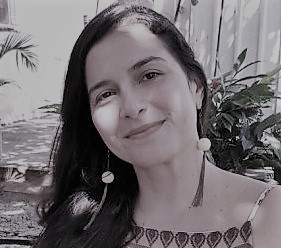
Natalia Mota
UFRN (Federal University of Rio Grande do Norte)
Graduated in Medical School in 2007 (at UFRN), completed Psychiatric Residence in 2011 (at UFRN), Master's Degree in 2013 and Ph.D. in 2017 by the Brain Institute at UFRN. As a psychiatrist, my aim is to understand how we can infer someone's mental health by listening to their speech. I have developed an automated approach to characterize thought organization by applying graph theory to the spontaneous word trajectory of a narrative. By measuring connectedness, I was able to characterize thought disorganization related to schizophrenia with accuracy higher than 90%. I studied graph-theoretical markers of thought organization in typical children and adults, and verified that they correlate with cognitive and academic performances. Currently, I follow up on these findings on larger patient cohorts and I also investigate how thought organization changes in the transition from waking to dreaming.